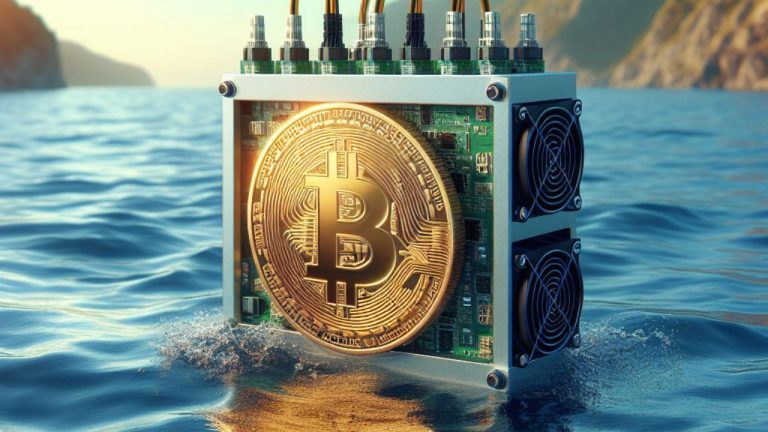
Ocean, a Bitcoin mining pool that recently raised $6.2 million in a seed funding round led by former Twitter (now known as X) CEO Jack Dorsey, is currently filtering ordinal inscription transactions. Giacomo Zucco, a bitcoiner, confirmed that Ocean was using Knots as a node, a software developed by Luke Dashjr known to filter Ordinal inscriptions.
Ocean Bitcoin Mining Pool Filtering Ordinal Inscriptions
Ocean, a Bitcoin mining pool, has acknowledged that it is currently applying a filter that affects Ordinals-related transactions. The pool, which recently closed its $6.2 million seed round led by former X CEO Jack Dorsey, excludes certain Bitcoin Ordinals transactions using Knots, a Bitcoin node known to apply these filtering policies.
Giacomo Zucco, who was part of the conference as part of the relaunch of the pool, confirmed this fact, stating that it was currently using several filtering policies, excluding what he called “spam.”
Zucco stated:
Some ‘inscription’ spam is done this way, so it’s filtered away from Knots, which Ocean uses right now for centralized template creation. So shitcoin spammers will have to wait [for] phase2 of Ocean (the real deal) to create their own templates full of sh*t. I guess they are impatient.
Ocean’s Bitcoin Mechanic also acknowledged this, stating that the pool would “continue to filter inscriptions spam,” inviting others to mine with other pools if this bothered them.
The issue was first raised by checksum0, co-founder and CTO at Pow.re, a Bitcoin mining company, when he found that Ocean was excluding high-value transactions “costing on average 5-10% in fees, much more sometimes.” He declared:
Doing spot check of high-paying transactions, I have seen no transactions including any data after op_false … Mining with Ocean WILL cost you money.
The findings divided the cryptocurrency community, with some considering this filtered data as spam and agreeing with the measure, while others rejected this behavior, stressing that this was considered censorship. F2Pool, another Bitcoin mining pool, recently admitted it had been excluding transactions from OFAC-flagged addresses but ceased after facing a backlash from the community.
What do you think about the transaction filtering policies of Ocean? Do you believe they constitute censorship? Tell us in the comments section below.




